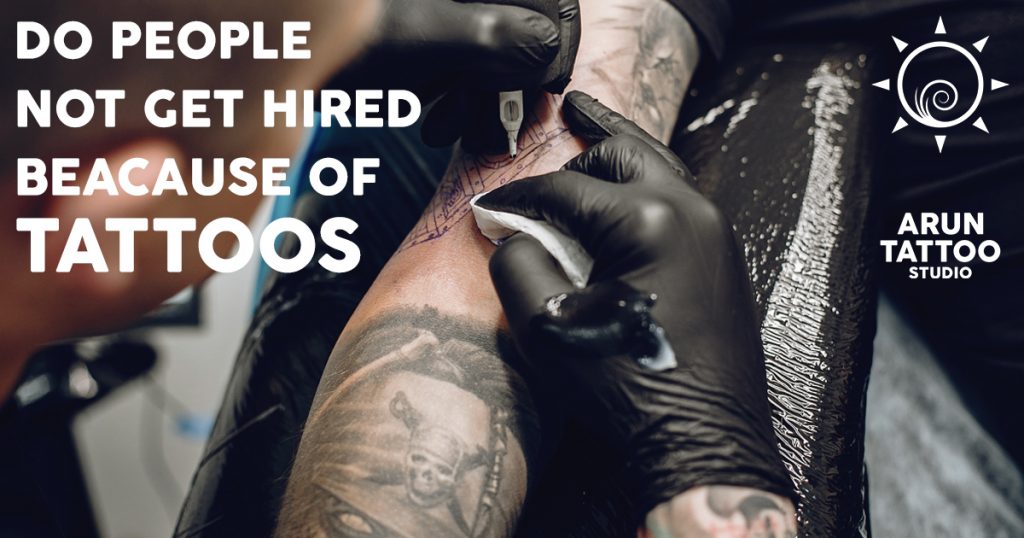Impact of Tattoos on Employment Opportunities: Debunking Myths
Introduction:
Tattoos have been a form of self-expression for centuries, with individuals choosing to adorn their bodies with intricate designs that hold personal significance. However, despite the growing acceptance of tattoos in society, questions about their impact on employment opportunities persist. The idea that tattoos can hinder job prospects has been a topic of discussion for years. In this article, we will explore whether tattoos truly have a negative effect on getting hired and shed light on the evolving perspectives. Additionally, we will introduce Arun Tattoo Studio, highlighting how they provide exceptional tattoo experiences in Vijayawada.
Tattoos and Employment: Fact or Fiction?
The belief that tattoos automatically lead to job rejections has been perpetuated by misconceptions and stereotypes. While there may be cases where visible tattoos could influence hiring decisions, the overall landscape is changing. Many progressive companies and industries now prioritize skills, qualifications, and compatibility over appearance. The correlation between tattoos and professionalism is weakening as employers recognize the importance of diverse and inclusive workplaces.
Changing Perspectives:
Over the years, society’s perception of tattoos has shifted, and consequently, so has the stance of many employers. Tattoos are increasingly viewed as a form of art and a personal choice rather than an indicator of unprofessionalism. As a result, the “no visible tattoo” policies that were once common are becoming less prevalent. Companies are placing more emphasis on an applicant’s abilities, experiences, and cultural fit within the organization.
Arun Tattoo Studio: Elevating Self-Expression
In the heart of Vijayawada, a city known for its rich culture, stands Arun Tattoo Studio, a haven for those seeking to express themselves through body art. With a team of skilled tattoo artists, Arun Tattoo Studio offers a diverse range of tattoo styles, from minimalist designs to intricate masterpieces. What sets them apart is their dedication to creating an environment where clients can embrace their individuality without fear of judgment.
With a keen understanding of the changing dynamics of the professional world, Arun Tattoo Studio promotes the idea that tattoos are an extension of one’s identity and do not define a person’s abilities or potential. Their commitment to providing exceptional tattoo experiences aligns with the evolving perspective on tattoos in the workplace. As acceptance of tattoos grows, more people are realizing that self-expression through body art should not hinder career opportunities.
Conclusion:
The notion that tattoos automatically hinder employment opportunities is being challenged as society becomes more inclusive and diverse. While there may be instances where certain industries still hold conservative views, many forward-thinking companies prioritize skills and qualifications over appearance. Arun Tattoo Studio in Vijayawada exemplifies the changing perceptions of tattoos, providing a safe space for self-expression while acknowledging that tattoos should not be a barrier to professional success. As we continue to debunk the myths surrounding tattoos and employment, it becomes evident that personal expression and career aspirations can indeed coexist harmoniously.


